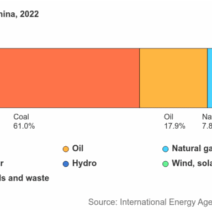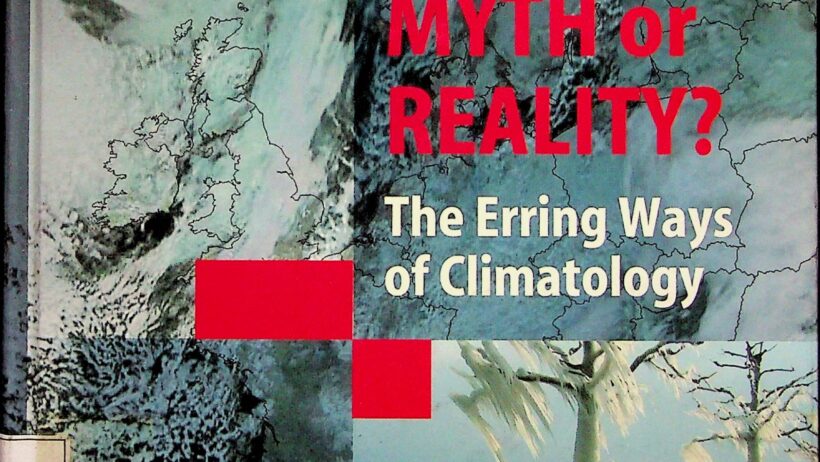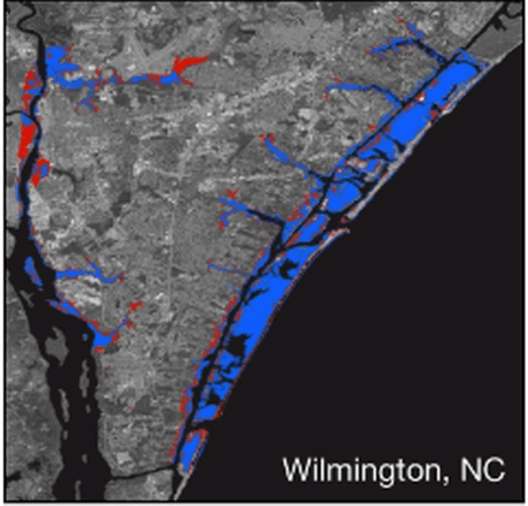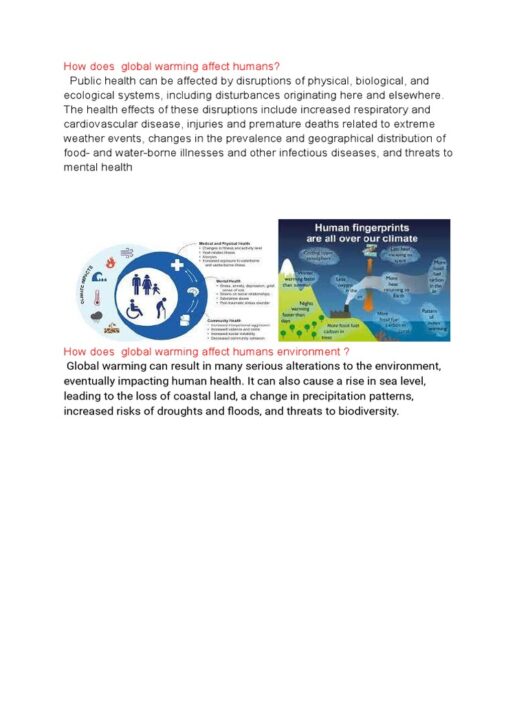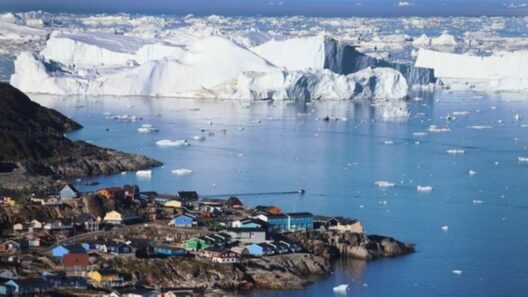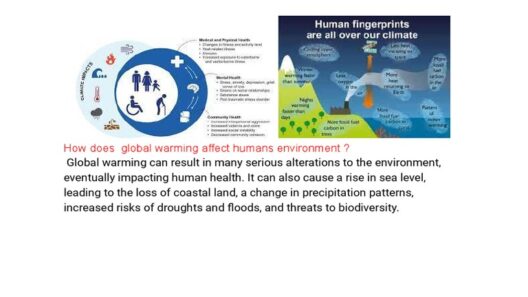Global warming has become a pivotal topic in discussions concerning climate change, often framed within the context of rising temperatures and melting ice caps. However, an intriguing and lesser-explored consequence has emerged: the potential for global warming to instigate a mini ice age. This paradoxical phenomenon piques interest, inviting a closer examination of the underlying mechanisms and the implications of such climatic shifts.
The term “mini ice age” typically refers to a period of significantly cooler temperatures lasting several decades or longer. The most famous example is the Little Ice Age, which spanned from the 14th to the mid-19th century, causing widespread agricultural failure and societal upheaval in various regions. The concept that global warming could catalyze another ice age seems counterintuitive, yet it warrants scrutiny.
At the core of this discussion lies the complex interplay between temperature fluctuations, ocean currents, and atmospheric conditions. Global warming, driven primarily by anthropogenic greenhouse gas emissions, results in a rise in Earth’s average surface temperature. This warming alters the dynamics of the polar regions, melting glaciers and ice sheets, which in turn injects vast quantities of freshwater into the oceans.
This influx of freshwater can significantly disrupt oceanic circulation patterns, notably the Atlantic Meridional Overturning Circulation (AMOC), a critical driver of global climate. The AMOC helps to maintain warm temperatures in Europe and North America by transporting warm, salty water from the tropics towards the poles. As the AMOC slows down—potentially a consequence of increased freshwater dilution—it can lead to a cascade of events that dramatically alters climate patterns.
One of the most salient discussions revolves around the potential for a cooling period in regions that are currently temperate. A significant reduction in the efficacy of the AMOC could result in cooler conditions for Western Europe and Eastern North America. Historical precedent suggests that similar disruptions have led to abrupt and severe climate shifts. For instance, during the Younger Dryas period, which occurred approximately 12,900 to 11,700 years ago, a sudden influx of freshwater from melting glaciers briefly plunged the Northern Hemisphere back into a cooler climate, despite the overall trend towards warming.
The mechanisms behind such abrupt climate shifts underscore the delicate balance that governs Earth’s climatic systems. The concept of tipping points—critical thresholds beyond which a system may experience a dramatic change—becomes highly relevant in this context. The melting of the Arctic ice cap, for instance, is not just a solitary event but part of a broader system that includes ocean circulation, atmospheric conditions, and biodiversity.
It is essential to note, however, that not all scientists are in agreement regarding the likelihood of a mini ice age arising from current global warming trends. Some researchers posit that the changes in climate may not lead to such drastic outcomes. They argue that while ocean currents and temperatures are indeed altering, the timeframe and scale at which these changes will manifest could diverge significantly from historical patterns. Climate models, while increasingly sophisticated, are inherently uncertain, often yielding conflicting predictions.
Moreover, while the idea of a mini ice age may capture attention, it also serves to complicate the narrative surrounding climate change. The phenomenon could distract from the more immediate and devastating impacts of rising temperatures, including extreme weather events, sea-level rise, and disruptions to ecosystems. Temperatures have risen markedly in the past century, leading to biodiversity loss and increased incidences of heat-related mortality.
The potential for a mini ice age offers a compelling narrative, but it does not discount the urgency of addressing global warming comprehensively. As societies grapple with the implications of climate change, it is critical to remain vigilant regarding both the immediate and potential longer-term consequences of our actions. Measures to mitigate greenhouse gas emissions and promote sustainability are paramount, not only to prevent scenarios of abrupt cooling but also to curtail the myriad issues stemming from global warming.
In sum, the relationship between global warming and the prospect of a mini ice age invites a multifaceted examination. It challenges conventional perceptions of climate dynamics and compels us to reconsider the intricacies of Earth’s climatic systems. As researchers continue to investigate the nuances of these interactions, the idea serves as a reminder of the unpredictable nature of climate and the significance of understanding its rhythms. Maintaining a comprehensive perspective is imperative in combating climate change effectively, ensuring that we remain adaptive and responsive to the rapidly evolving environmental landscape.
The stability of our climate system hangs in a precarious balance. The potential emergence of a mini ice age, born out of the warming that many fear, should prompt us to cultivate a profound comprehension of the broader implications of climate change. In doing so, we nurture resilience in our societies and ecosystems, fostering a sustainable future that acknowledges the complexity of our planet’s climate while remaining proactive in our efforts to address the threats we face.

